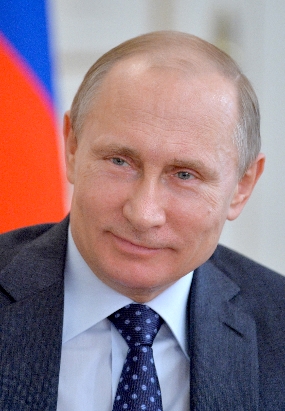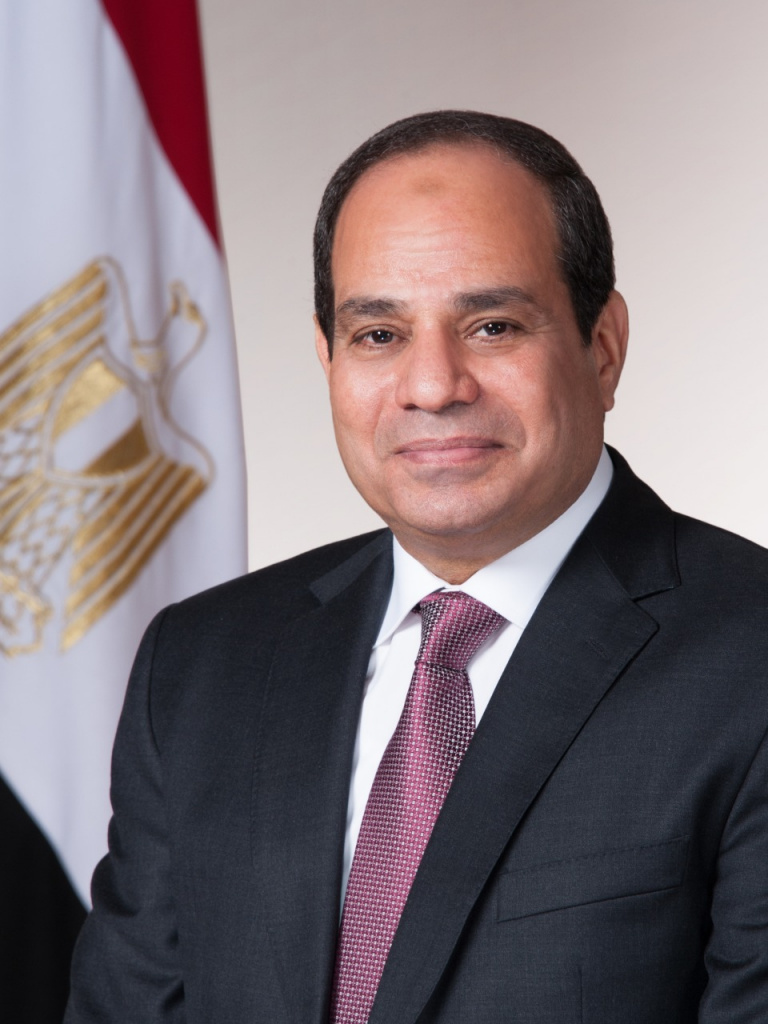REC Ramps Up Support for Exporters of Fertilizer
Russian exporters continue to expand shipments of mineral fertilizer to Africa. Facilitating this increase is the Russian Export Centre’s product line, among other things. The statement comes from REC (part of VEB.RF) Senior Vice President Nikita Gusakov, who was speaking at the session ‘Stabilizing the Fertilizer Market to Eradicate Hunger in African Countries’ as part of the Russia–Africa Economic and Humanitarian Forum in St. Petersburg on 27 July. The discussion was opened by President of the Republic of Zimbabwe Emmerson Dambudzo Mnangagwa.
“Domestic fertilizers are needed to increase yields and improve the quality of agricultural production. The REC Group seeks to address issues of global food security, and supporting exporters is an important part of that. For Russian companies working on this, our most sought after product is insurance for short-term receivables. Our foreign partners can use the service to find a supplier of Russian goods and services,” Gusakov said.
Russia’s leading position as a global exporter of fertilizer, with approximately 20 foreign nations highly dependent on domestic supplies, was noted during the session. Russian producers are now taking steps to redirect sales to friendly markets, and that includes Africa (and such countries as Egypt, Kenya, and Nigeria) where tea, coffee, flowers, peanuts, tomatoes, maize, and other agricultural products are grown.
In his talk, Gusakov touched upon increasing trade between Russia and Africa and related issues of importance. It will be necessary to carry out settlements with African counterparties in currencies other than the dollar or euro and connect to alternative channels of communication between financial institutions. Some transactions are already being made in yuan. In the medium term, the ruble may also be an option. The first contracts have already been concluded in Russia’s national currency. To incorporate local currencies in a more systematic way, it would be necessary to develop financial infrastructure and the share of goods imported from Africa, which would make it possible for more transactions to be conducted in the national currency later and gradually decrease the number of financial transactions carried out in the currency of a third party.
Trade deficit could also be offset by investment, with the financing companies receive from exports to Africa being invested on the continent.


